Censorship in literature
Commonly banned books that are available at HS223.
Annual Banned Books Week was held from September 18 to September 24. The week is a time to reflect and discuss the unnecessary censorship that takes place in literature. As of June 2022, it was reported that novels were ‘banned 2,532 times in public schools across the U.S.’ These banned books themes consisted of 41% LGTBQ themes, 40% of which shared people of color or tackled issues of race, and 10% for books regarding activism in society.’
Clearly, these associations are washing down the meaning and representation of literature.
Historically, literature in schools is meant to provide students with the opportunity to respond to literature and develop their own opinions about the topic, but because of censorship, they are unable to do so since these stories are being censored and banned, a denial of freedom of expression. For all these reasons, HS223 believes that books should not be banned but instead embraced by our students, but how does this affect the community?
So, Why are Novels Being Banned at School?
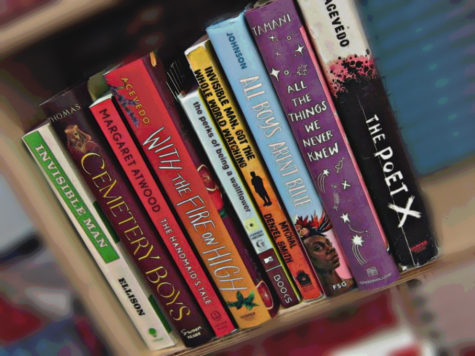
Banned books can be found at HS223 (Photo by Briant DeJesus)
Well, some people believe that these books may have a bad influence on students. But upon closer look, these books have narratives that explore sex, gender and race inclusivity. Banning books like this hurts students identities and their willingness to find communities that they are comfortable in.
Does HS223 ban novels?
In short, no. During their time at HS223, students read “The Perks of Being a Wallflower” by Stephen Chbosky which is a novel that is often on the banned book list. Authors like Elizabeth Acevedo, George M. Johnson and Margaret Atwood also make their way into the curriculum. These authors focus on gender, sexuality, race, and ancestry – topics that are often “banned” in high schools.
During Banned Book Week, The Eagle Express interviewed several students and teachers to capture the phenomena and impact that the exposure of banned books has had on the overall learning environment.
—————————————————————————————–
9th Grade ELA Teacher, Ms. Lattanzio talks about the concept of banned books:
Reporter: How has reading banned books helped HS223 students?
Ms. Lattanzio: No book should be banned. A lot of the banned books that have been banned from schools are because people are afraid of what’s contained in the book. Since HS223 does not ban books I feel like a lot of the students get to learn from it. They get new experiences and new feelings when reading these books. A lot of students’ favorite books can’t be seen in other schools because of the banning of certain books. No book should be banned because of what’s contained on the inside only because people are scared of what’s to come from students reading those books.
Reporter: How does reading these books have an advantage on the students?
Ms. Lattanzio: Students who read banned books have the advantage of being able to learn and see different types of messages and things that can help the students learn more about them. Some books that are banned contain lgbtq+ (having this kind of topic can help kids learn more about lgbtq+ than fearing it and growing up being a homophobe because you weren’t able to read about these types of books that will be able to educate you) Also a lot of students here seem to be a lot more aware of what’s happening and going on.
Reporter: What do banned books consist of?
Ms. Lattanzio: Most banned books contain topics that aren’t seen as good by the board of education. Books with the political matter, POC, and stories with the gay bi-trans protagonist. Because of the way people see these books they’re banned just because of what’s in them. The books aren’t given a chance. Just seen as gay and chucked off. Anything that, ‘s not hetero will be banned. Drug abuse or topics. Political books, (trans abortion gays ext). Sometimes it’s just what the school district does not want and their rules are rules.
—————————————————————————————–
10th Grade ELA Teacher Mr. Fox and 10th/11th Grade teacher Ms. Drame, were interviewed on their views of Banned Books.
Reporter: What do you think about banned books?
Mr. Fox and Ms. Drame: I think that the concept of banning a book is complete trash… Censorship is being taken to extreme levels at this point. As we know, there is banned books week every year, that promotes news and updates about specific book categories that are being banned. This includes the communities that are being attacked and censored in the process. This event celebrates and uplifts these voices in these communities by giving people sets of books that are being banned in certain places. Their tagline says it best, ‘Banning Books Divide us, and Books should unite us’.
Reporter: What content do you think is being censored?
Mr. Fox and Ms. Drame: Topics that are considered inappropriately fit for a classroom but in reality, it’s topics on race that you can ignore. You can’t ignore gender, you can’t ignore sexuality, those are the three biggest themes that all intersect. A lot of authors stray away from all these societal norms in terms of what it means to be marginalized and those are the voices that are usually silenced.
Reporter: Do banned books impact HS223?
Mr. Fox and Ms. Drame: Fortunately they don’t because our school doesn’t ban any books and you have access to a lot of books that are actually commonly banned. This is a beautiful thing. The parallel between banning books and political ideologies is definitely intentional. So typically, the school boards and those banning these books are people who don’t understand the necessary truths that young people need to be thinking about. This goes back to the idea of just because you don’t agree with something doesn’t mean you can pretend that it doesn’t exist. People themselves are feeling biased because they don’t feel comfortable, they restrict others.
Reporter: What impact does the exposure of banned books have on students?
Mr. Fox and Ms. Drame: It gets very subjective based on texts and who the people are. What comes to mind are novels like ‘The Poet X’ which 10th graders have started to read and it’s a commonly banned book. The book shares aspects of sexuality and growing up, and definitely feels real. So they include curse words, graphics, and maturity themes, but I think that there is a reason why every year every time students read it, they truly loved it, because of how real it is. Even if all of your identity factors didn’t match up with the protagonist or other characters, there are still connection points that I’ve seen students make. That power of reading is why we read. To make these connections, the idea of being seen, and building perspective is truly the power of reading. I think about banned books being realistic while other books are the white-washed versions. Banned books need to be taught in school because the everyday world doesn’t lightly teach those lessons. It’s a disservice to ignore them.
Reporter: How do you as an educator want to evolve the school curriculum on a national scale?
Mr. Fox and Ms. Drame: Something that I think is really beautiful that came out of NY city is that the New York Library and the Brooklyn library specifically had a national campaign in conjunction with banned books week… They gave free access to banned books and free memberships to anyone in the country. I think that the accessibility issue is something that I, on a national scale, would contribute more as well as the initiatives that we will always be fighting something from a teacher perspective to make education equitable, especially in public systems. These types of initiatives can prevent censorship and get books into the hands of people who may not have the access to them.
_______________________________________________________________________
Class of ’24 students, Addy Martinez, and Safa Al-Omari were also asked about their experience with banned books.
Martinez and Al-Omari: The banning of books is such a hindrance to us, students. It truly demonstrates how society and the school system has a fixed mindset. It wants to keep us in a bubble revolving around the same traditional and vague ideas. 223 prevents that from happening.”
Reporter: How has exposure to banned books impacted you?
Martinez: It made me realize that our minds are courageous. We go through things that are showcased in books. If books aren’t exposed to us, we aren’t able to reflect and find true connection to the books.
Al-Omari: Banned books… I feel like the idea of banned books is dumb. Why would we ban books? It’s freedom of speech. If parents are concerned, there should be an age limit but that also limits students. From my experience, I love each and everyone of every banned book that I have read at 223.
—————————————————————————————–
Class of ’26, Paige Innis, also gave their opinion on banned books and parental decisions.
Reporter: Do you think books should be banned
Innis: No book should be banned because diversity is key. We want everyone to be open! And they should all be open. And if you don’t want to be open. Don’t read the book if you have an issue. Everyone always gets mad at everything and really why should they care what’s inside a book”
Reporter: Do you think families should have an opinion on banned books?
Innis Parents and families would be biased because maybe some are religious and see things wrong with lgbtq+ or POC or politics etc”
—————————————————————————————–
Overall, the majority of students at HS223 were surveyed on their opinions of banned books and the results are clear and expected.
Do you think books should be banned? : 100% of students say no.
The results are pretty clear: let’s keep on reading!
Your donation will support the student journalists of The Laboratory School of Finance and Technology. Your contribution will allow us to purchase equipment and cover our annual website hosting costs.
Zhya Colon is a member of the Class of '26 at The Laboratory School of Finance and Technology.


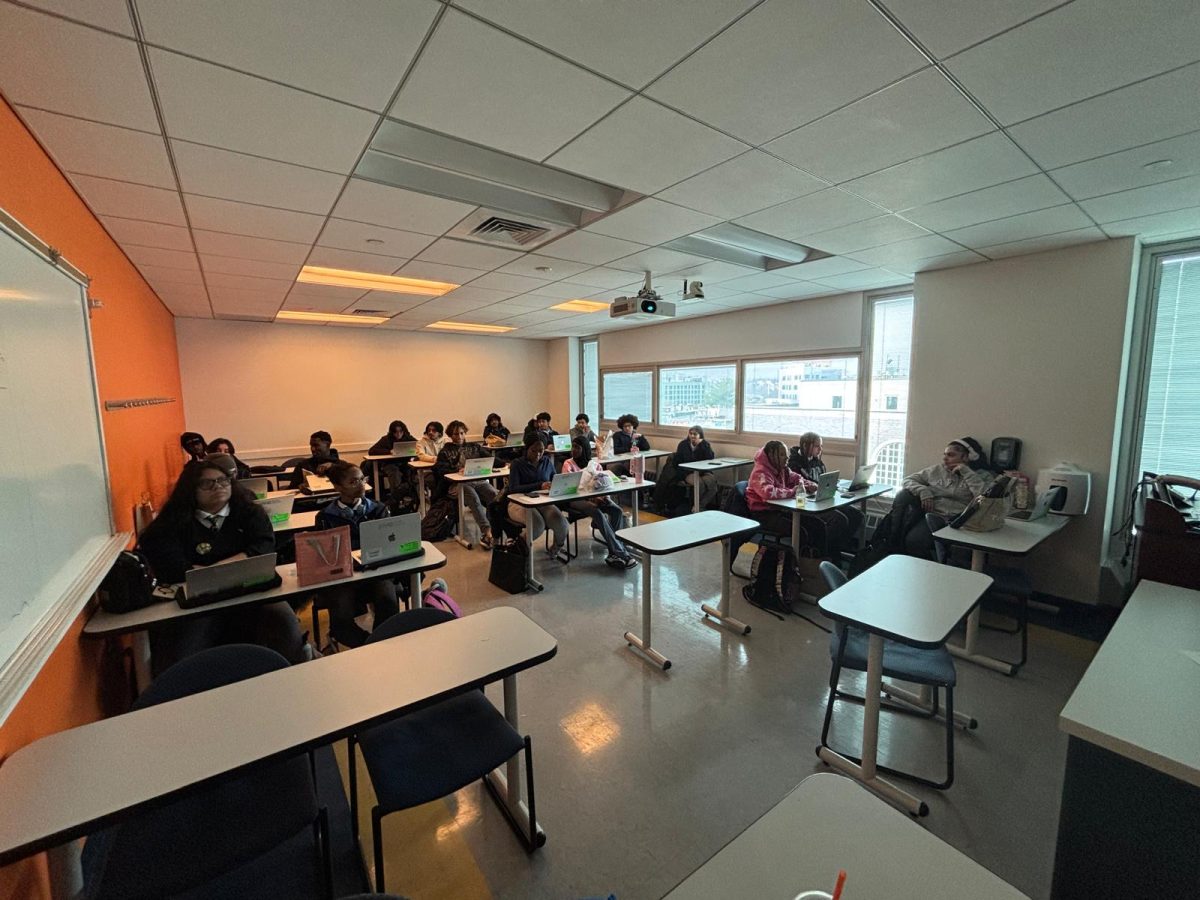
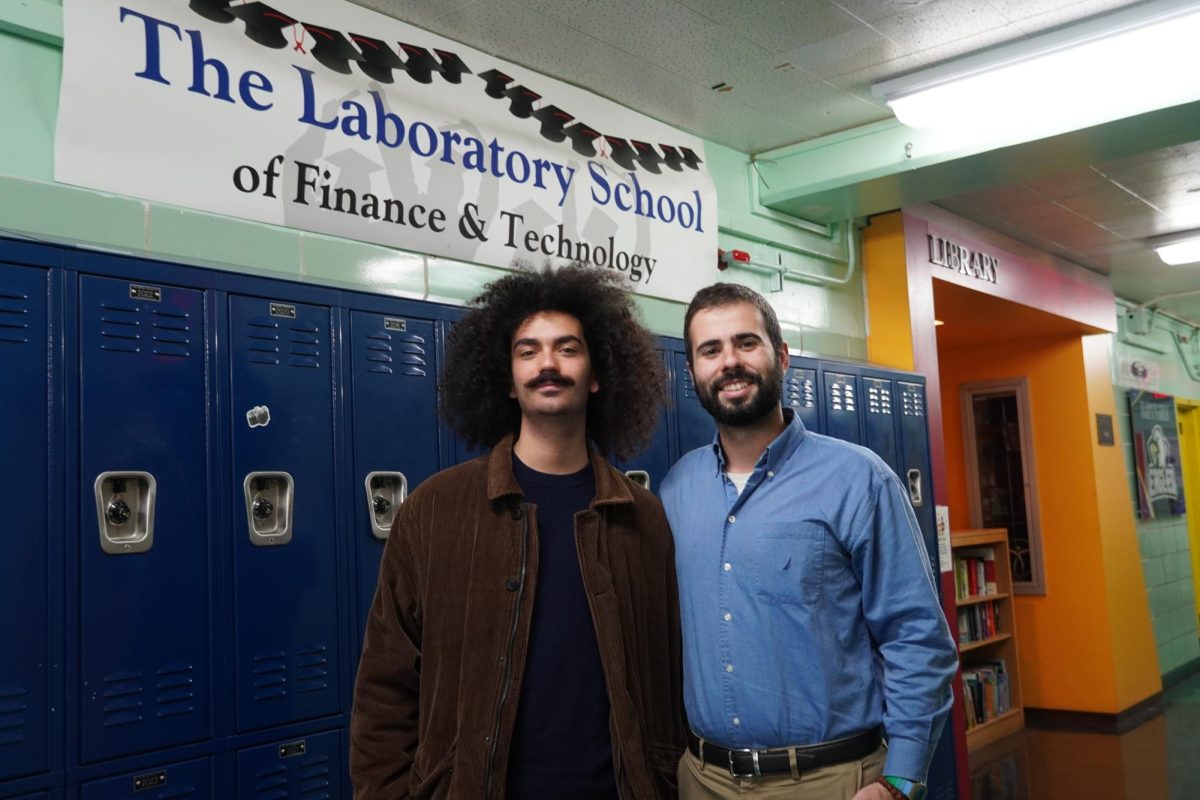

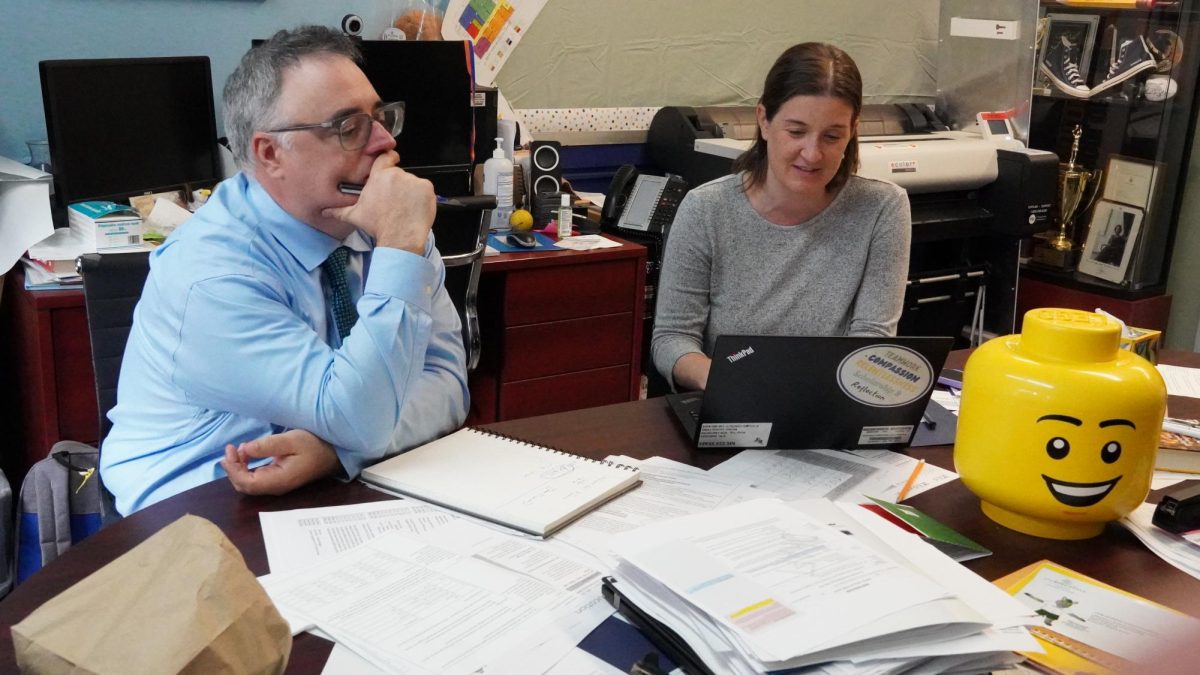
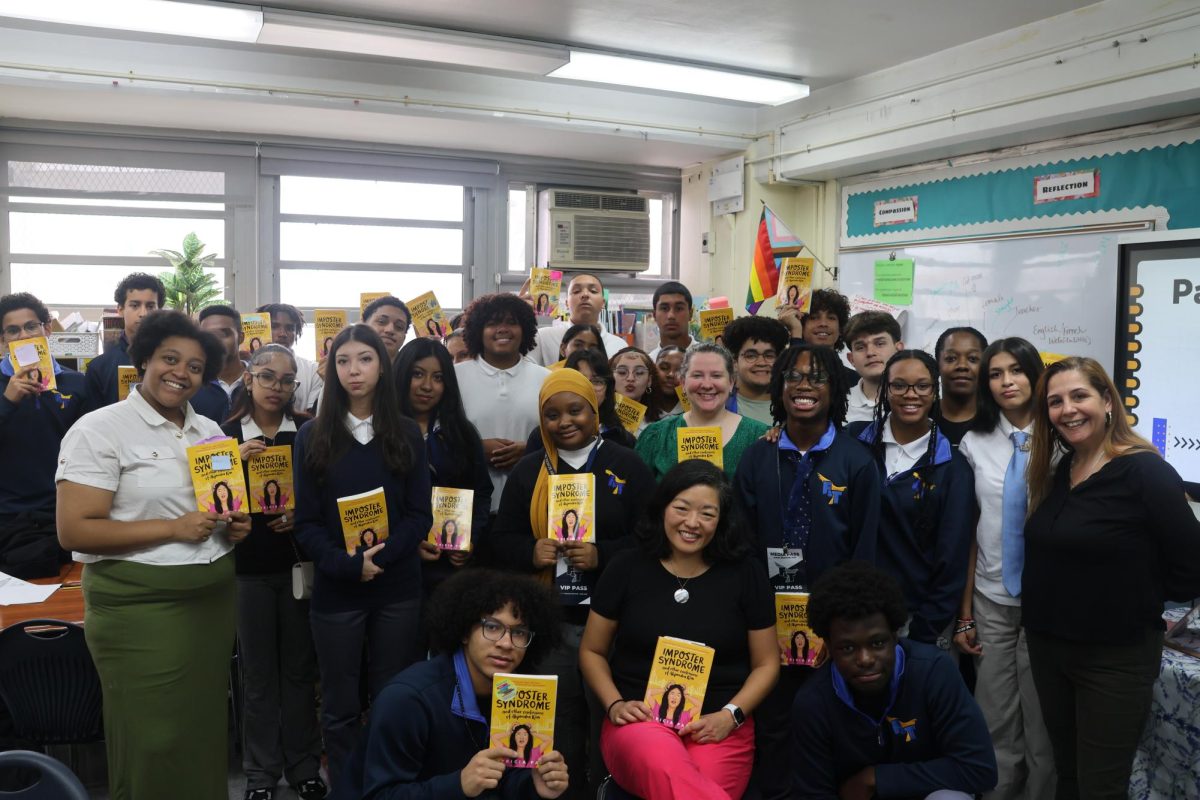
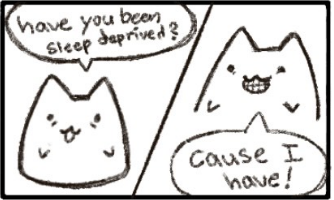
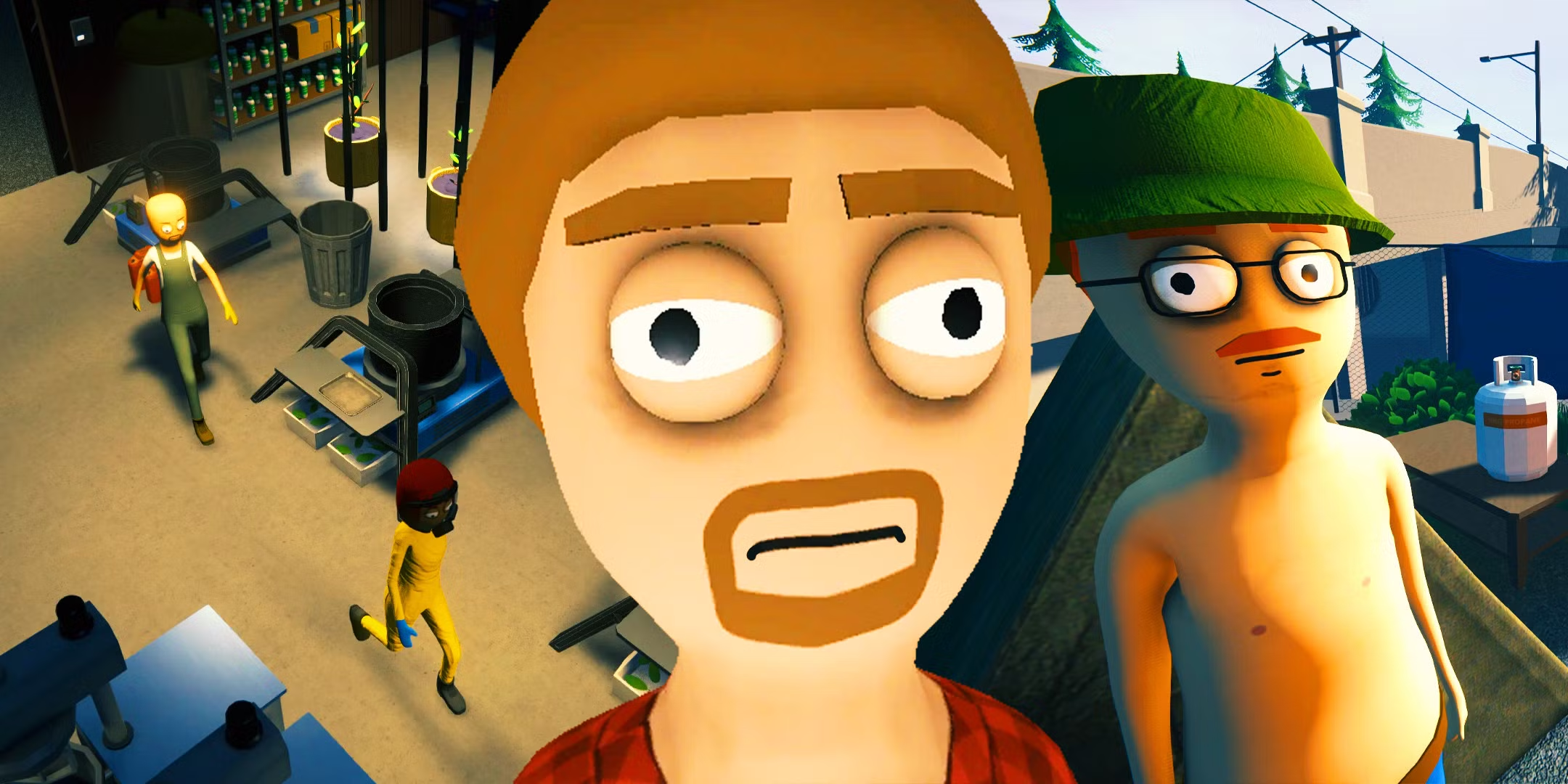

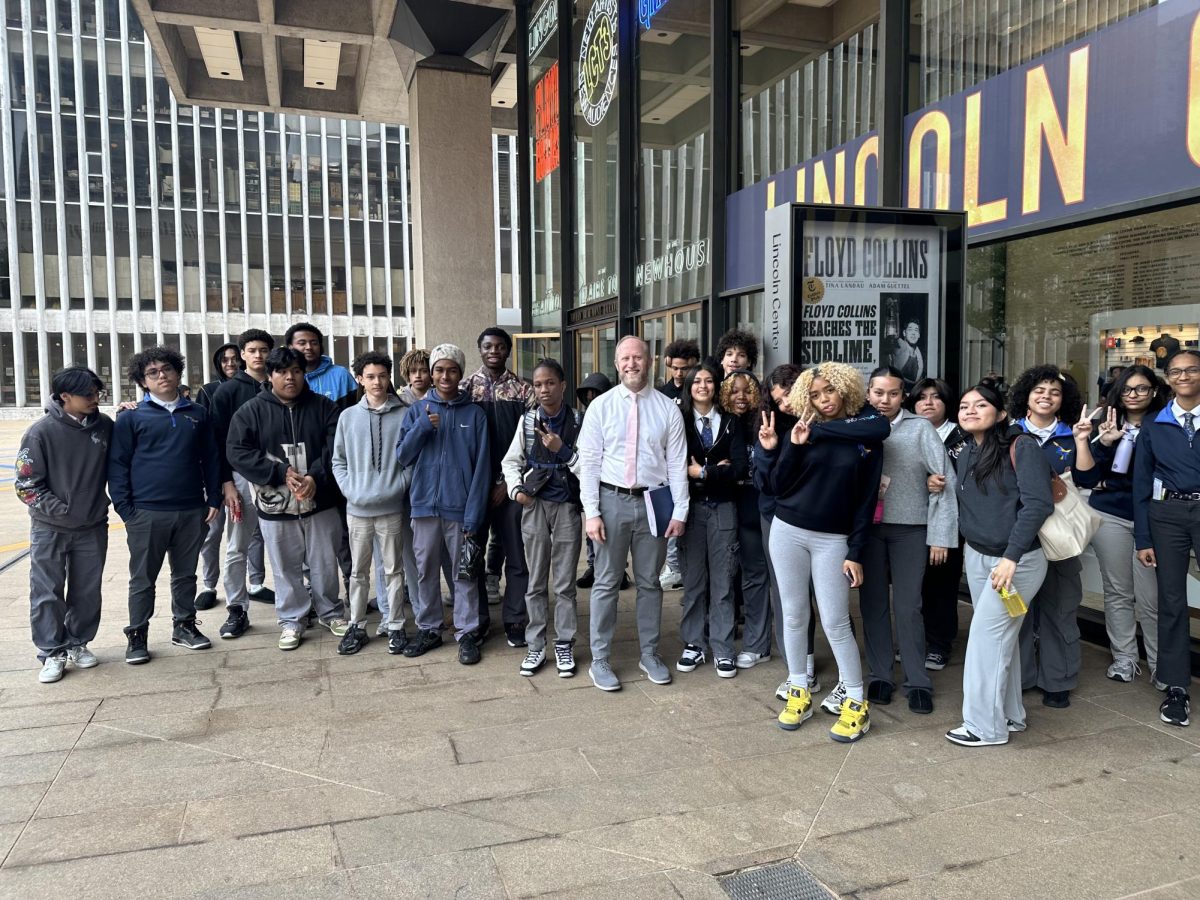
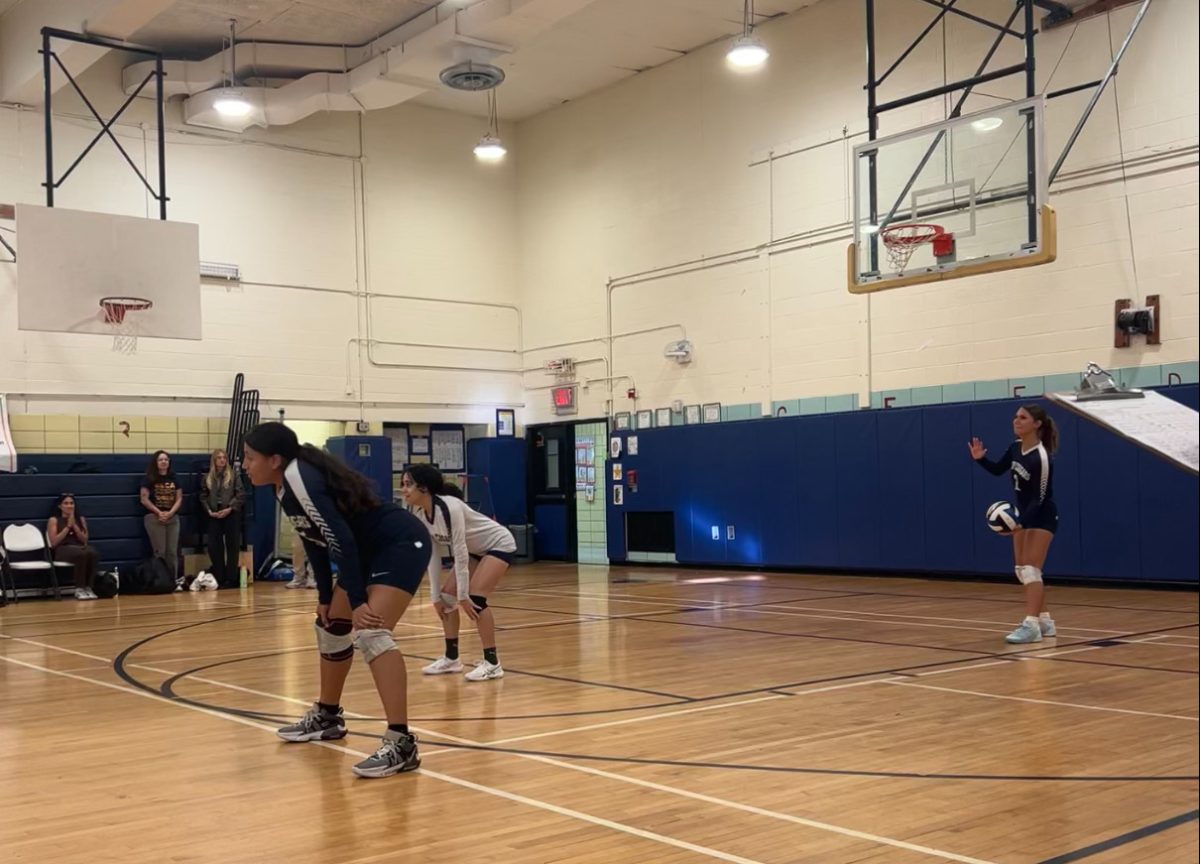
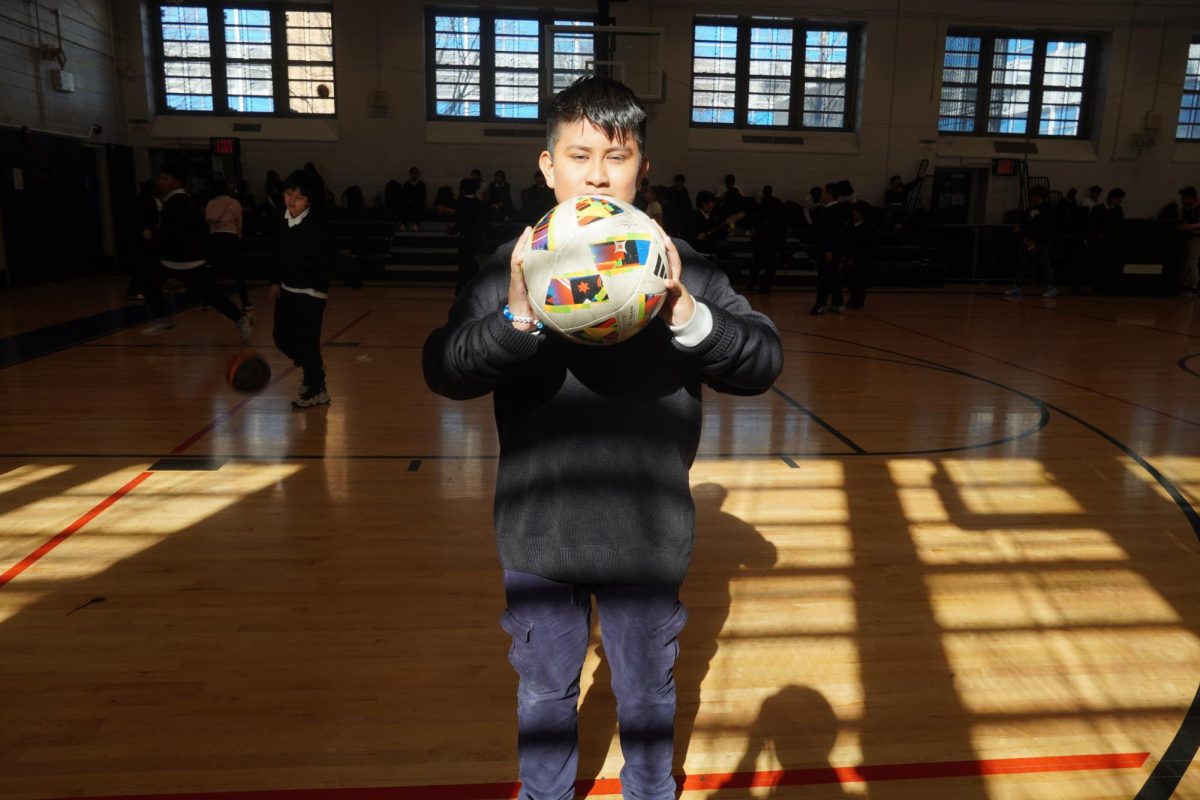
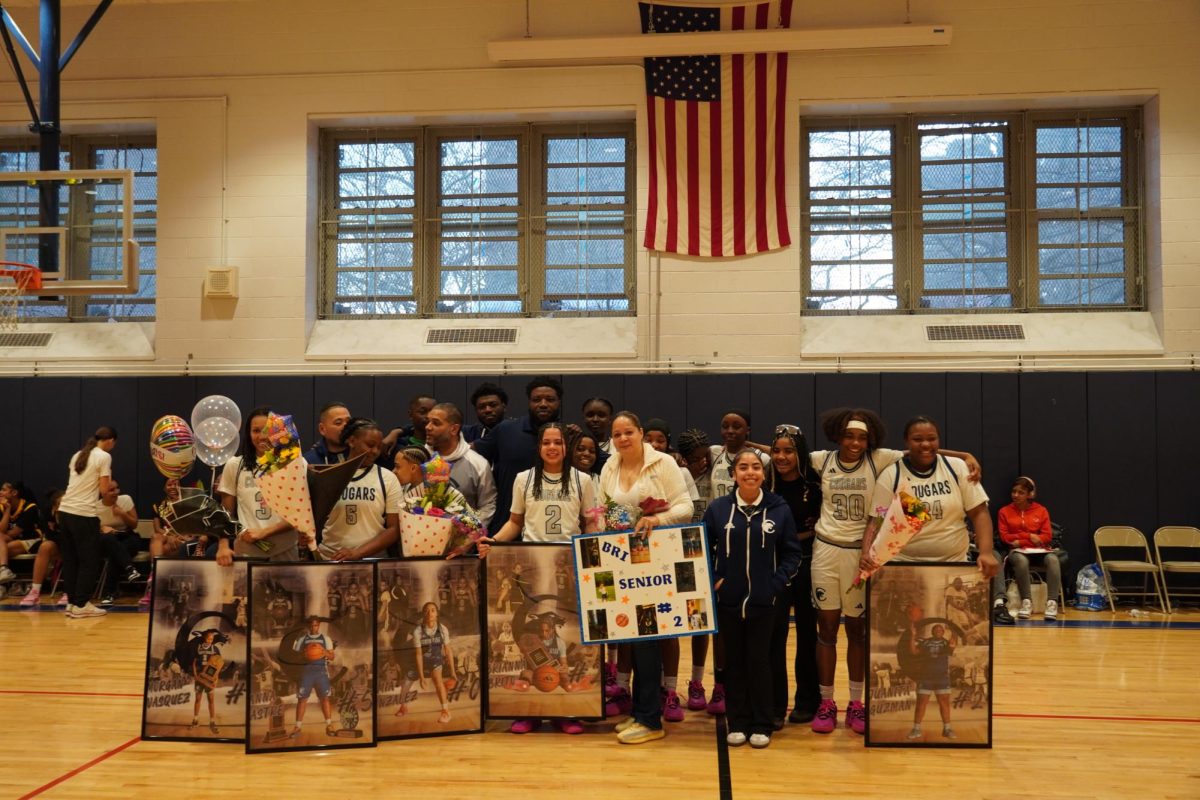

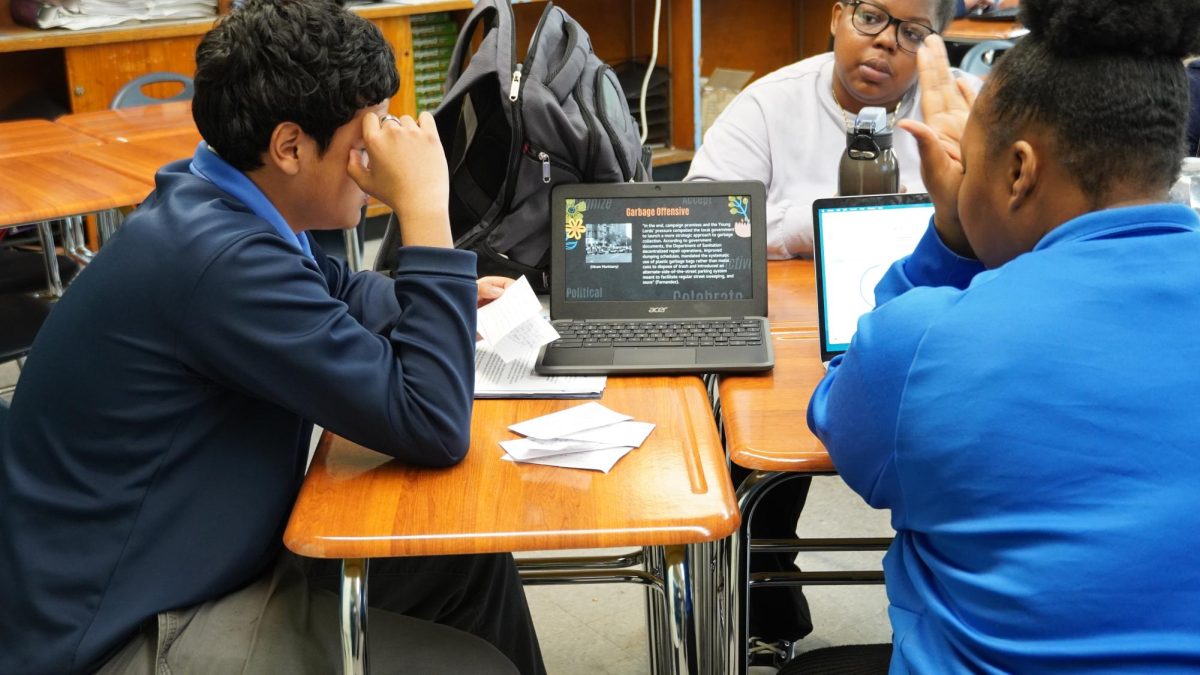
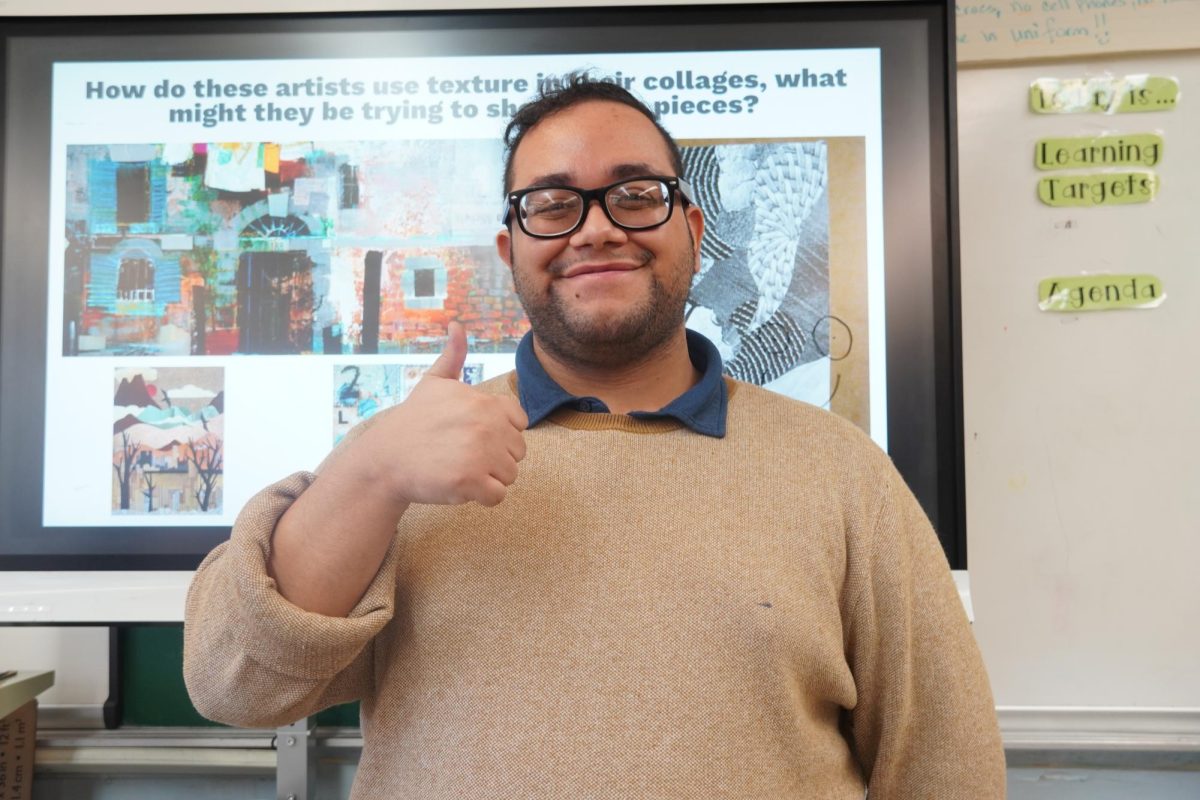
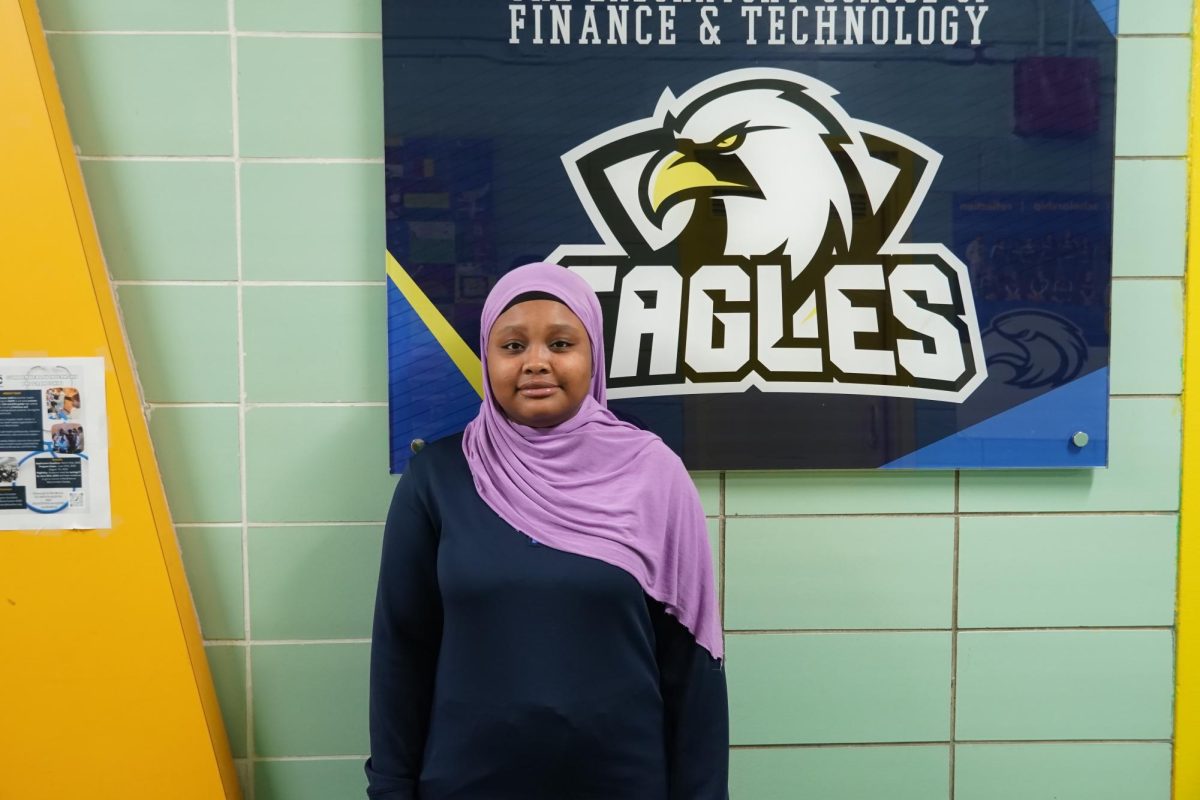
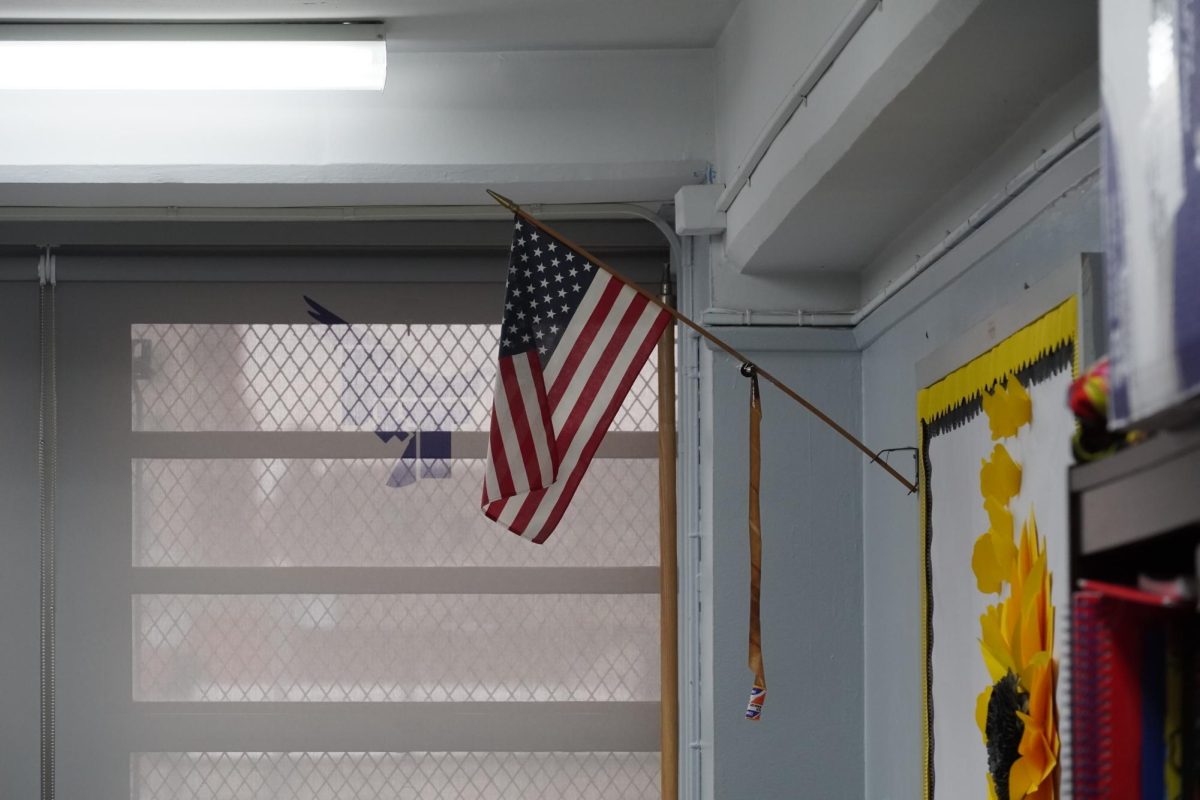
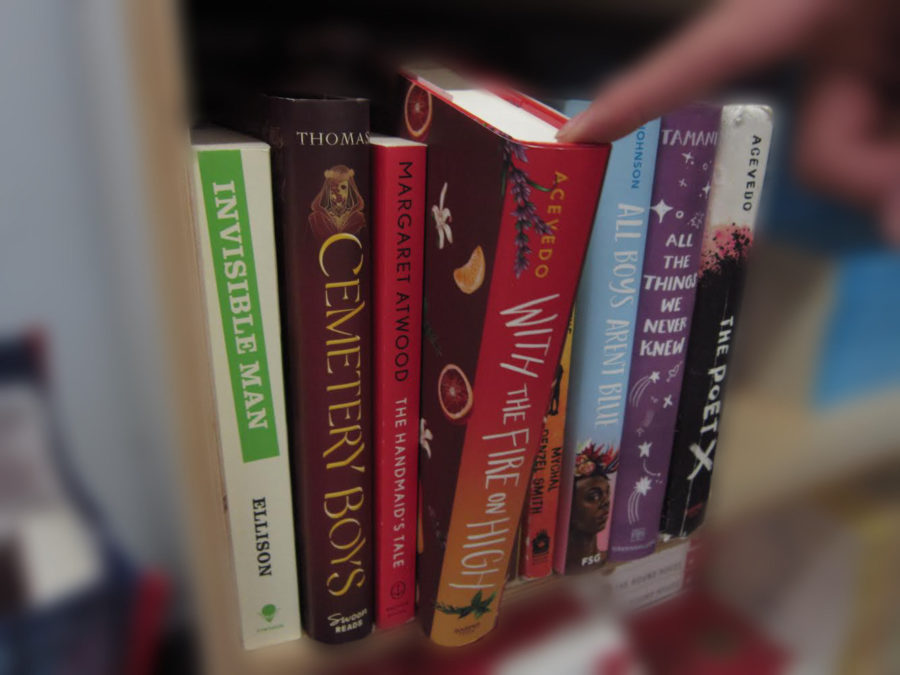
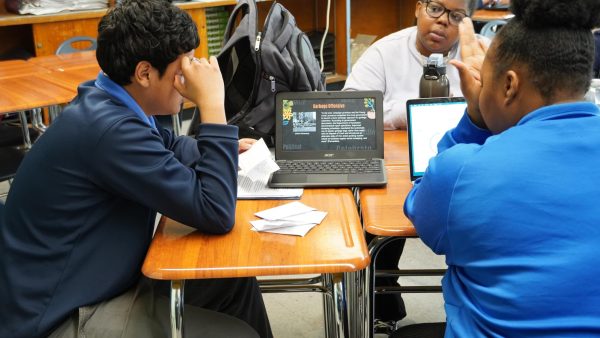
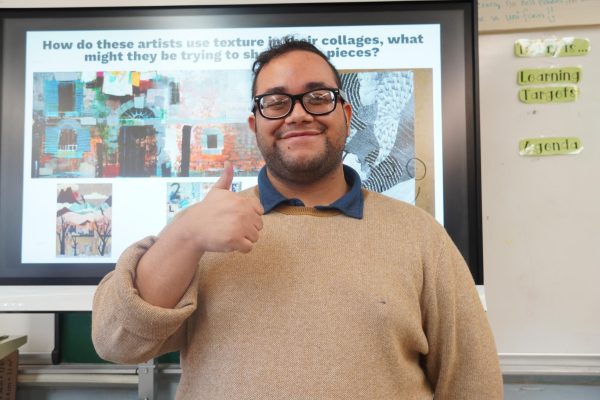
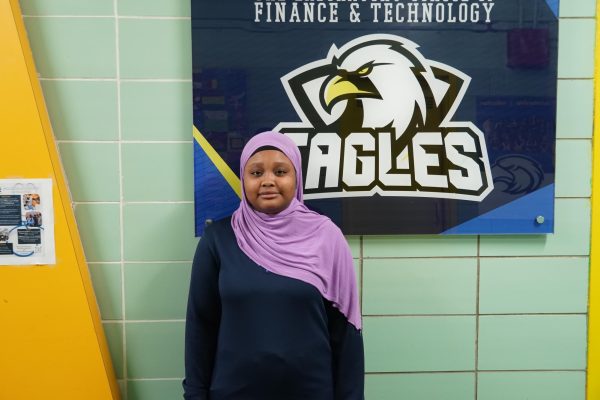
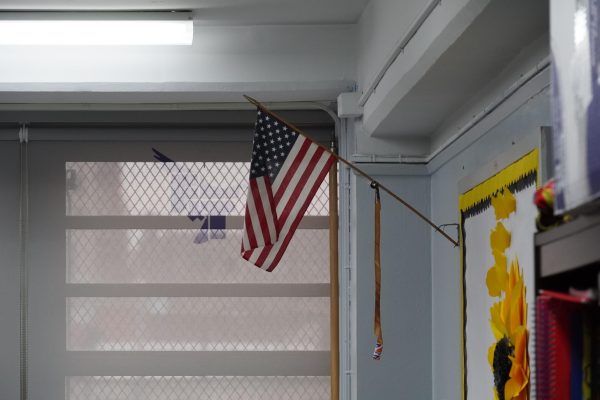
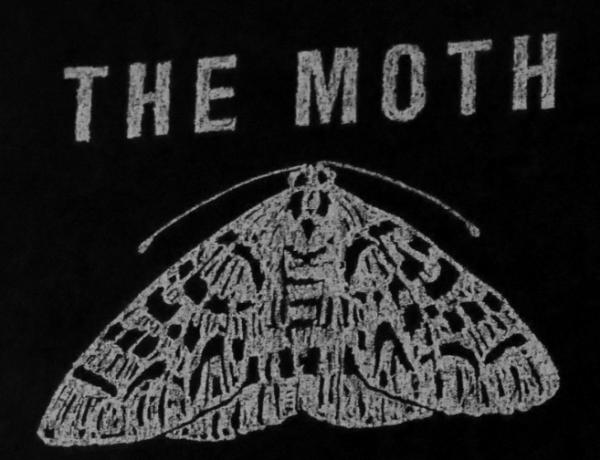

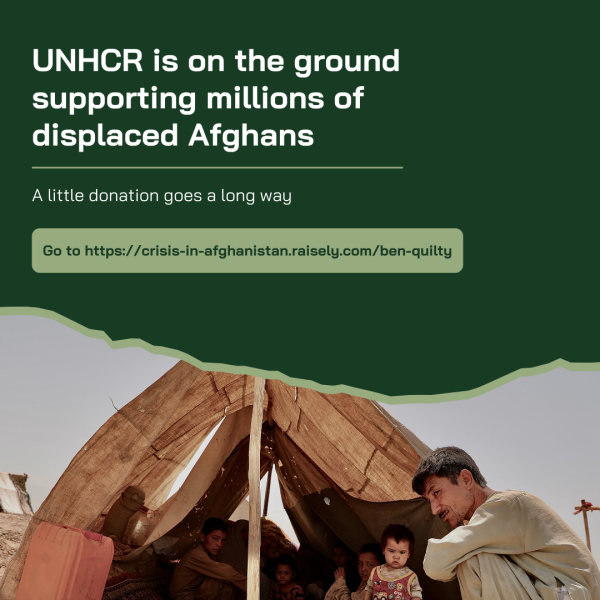

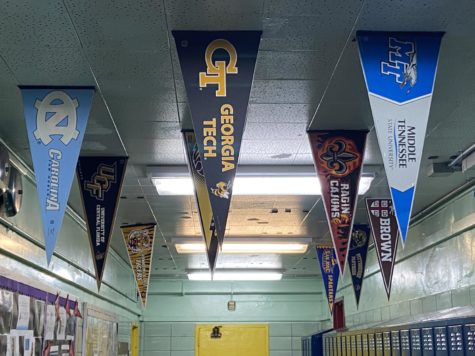
Samantha Sandrews
Apr 18, 2023 at 11:55 pm
I completely agree with the teachers and the students. Banning books is one of the most horrific method of censorship. It not only strips information in general, it takes it from young people. Youth are especially curious during this time and need to have sources for information. The fact that 40 percent of the books are on race and 41 percent on LGTBQ theme clearly shows an issue with bigotry not books. These people who vote for banning are essentially indoctrinating young children and it needs to be stopped!
Demi Sasson
Apr 18, 2023 at 1:18 pm
This is amazing! The statistics included in the first stanza helped by giving background on what was included in the interviews. The questions asked and answered in the article not only left me with a new understanding but with questions of my own. The interviews complemented the article very well and brought depth to the information stated by elaborating on why people want to ban books.
Matthew
Apr 18, 2023 at 1:16 pm
Dearest Briant,
I truly enjoyed reading this piece of literature. This article in my humble opinion has the makings of a true journalistic masterpiece. Your writing style embodies the student press spirit. The effort put into this piece is noticeable to everyone who had the pleasure of coming across this article. You diligently presented your opinion in a way that respected everyone in the audience, despite it being such a controversial opinion. You me nodding my head as I read your article because you supported all of your statements with convincing opinions. It may not come across as so, however, students like us are the next generation that will bring change to the world, and journalism is one of the biggest outlets of change. Please continue to put this much effort into your pieces, as you could truly make a positive change to the world.
Best,
Matthew S.
Madison
Apr 18, 2023 at 12:25 pm
Hi! I am also a student journalist, and I enjoyed reading your article! I think you took a great stance which I stand by, that these books should not be banned. I agree with the student who referred to society as having a “fixed mindset” when banning these books. Race, gender, sex, and identity should be topics allowed be read by all readers at school. On my school’s newspaper website Inklings, one of my classmates also wrote about the banned books. I really like how you included the full interviews with every teacher and student, so that readers can hear their full opinion and explanation. Good job!
Toby Goldfarb
Apr 18, 2023 at 12:19 pm
I love how you both collaborated in this article to address a very important issue in our generation. This topic was clearly very important to you guys, which was demonstrated by the breadth of interviews and research put into this project. I also really admired the layout of your article because, as a reader, it was easier to comprehend. Keep up the good reporting, looking forward to reading more of your work 🙂
Poppy Harrington
Apr 18, 2023 at 12:14 pm
I think it’s great that HS223 does not ban books and encourages students to read and explore topics that may be considered controversial or challenging. I particularly liked Ms. Lattanzio’s statement that “students who read banned books have the advantage of being able to learn and see different types of messages and things that can help the students learn more about them.” This highlights the importance of reading and understanding diverse perspectives, which is essential for personal growth and empathy towards others. Overall, This article brings up significant issues regarding the negative impacts of book banning and the value of promoting a varied range of reading in classrooms. It serves as a significant reminder for all of us to appreciate the right to free speech and the capacity of literature to broaden our understanding of the world.
Audrey Curtis
Apr 18, 2023 at 8:53 am
The topic of censorship in literature has been written about numerous times, but I think you did a great job to capture the attention of the reader in the very beginning with your statistic of “banned 2,532 times in public schools”. You further proved the disinterest of the censorship at your own school with a survey at the end, showing that not a single student agreed to have books banned. Having 100% of students say no indicates that this problem is actually one that more adults are fighting for, rather than kids. As a writer for my own school newspaper, I appreciate the clarity of what you as a reporter asked, versus what replies you got. Using various sources, teachers and students alike really adds to the depth of your article and makes it clear that you conducted a lot of prior research on this article. Overall, this was a very enjoyable read!
Audrey Curtis
Apr 17, 2023 at 9:09 pm
I really enjoyed this article. As a writer for my own school newspaper, I appreciate the clarity of what you as a reporter asked, versus what replies you got. Using various sources, teachers and students alike add to your article’s depth, making it an enjoyable read!